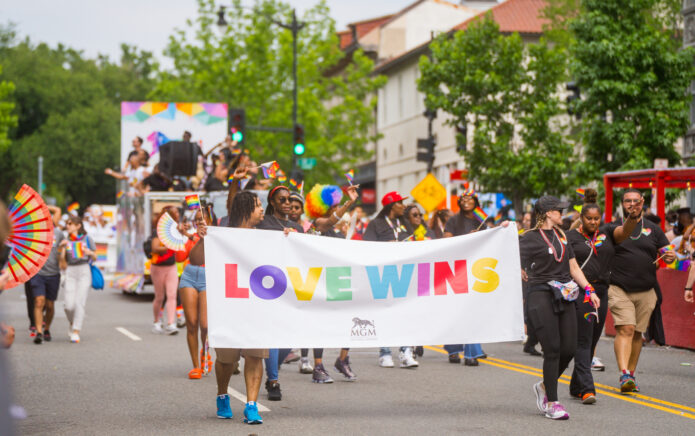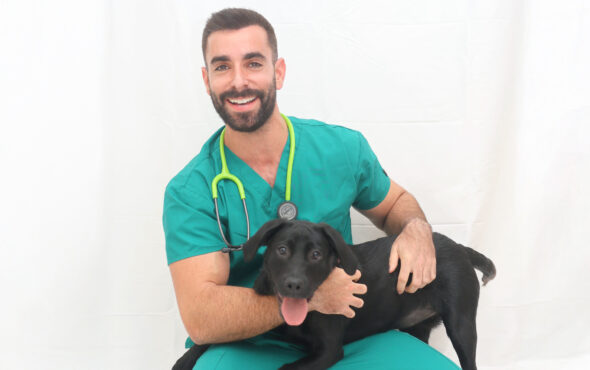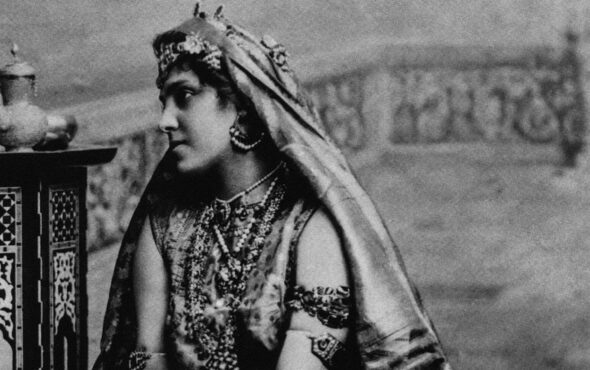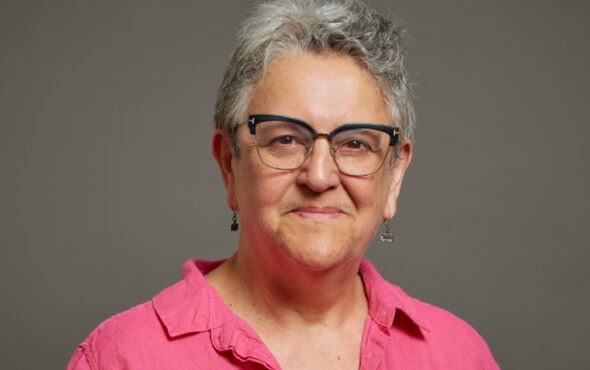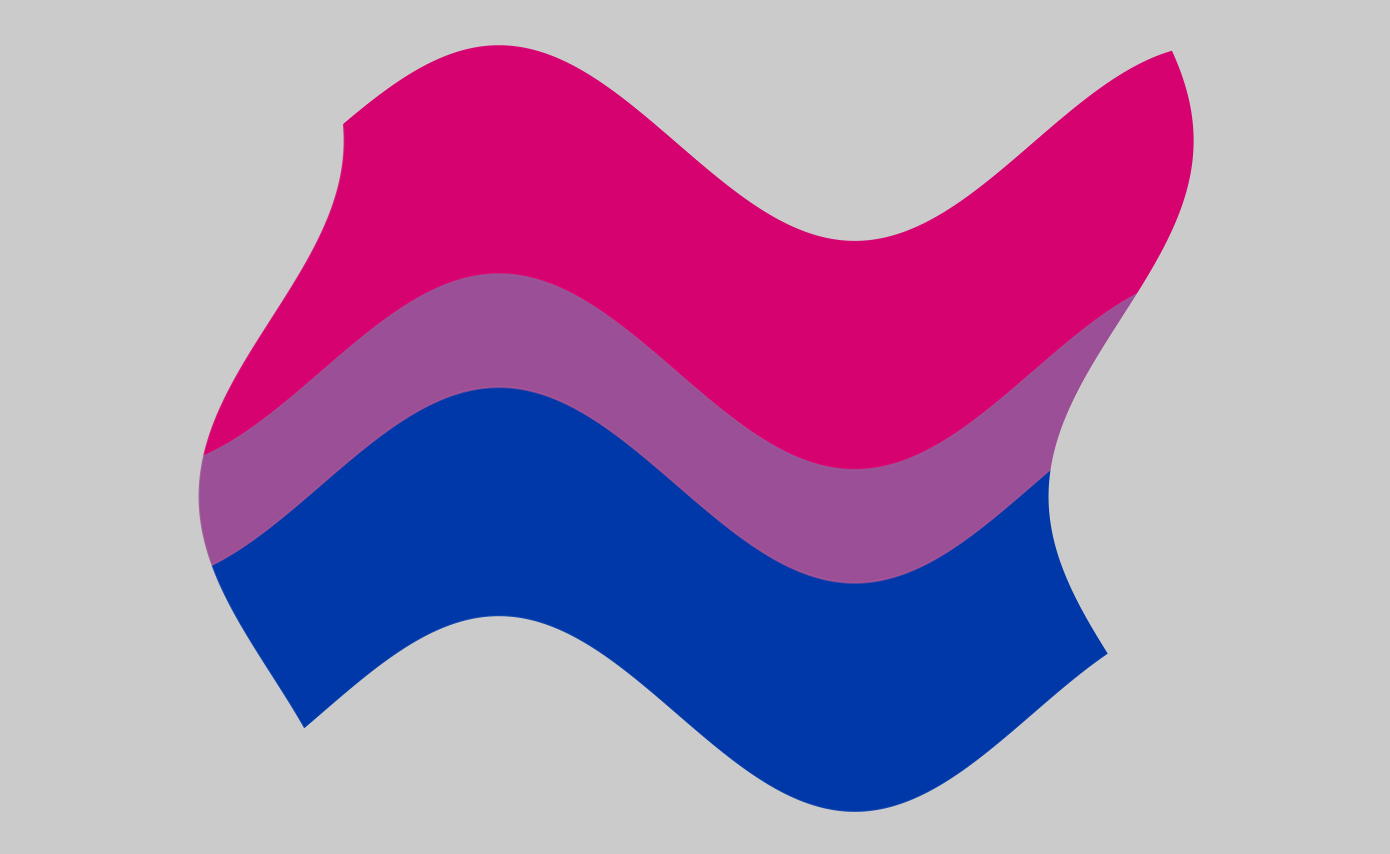
Biphobia is something that unfortunately still occurs today even within the LGBTQ+ community. Bisexual people come from all sorts of backgrounds, have different kinds of relationships and experiences yet the same misconceptions still seem to be hanging around.
I believe that how we change this begins in the classroom – especially as only half of secondary school pupils have heard positive messaging about being LGBTQ+ in the past year.
I’ve heard all the usual stereotypes, from suggesting that I’m “greedy” and “more likely to cheat” to bisexuality being “just a phase”, or that we “haven’t figured whether we are gay or straight yet”. These assumptions can have a huge impact on young people’s self-worth.
Your sexuality should never be considered not real or a joke – these misconceptions can be really damaging, especially with how regularly they are still used. I have heard other bisexual people have had similar experiences to me and have often been discriminated against too.
Throughout my younger years I experienced similar biphobic slurs that I still come across in my everyday life now – definitely not as often but they should not be occurring in 2021. The language we use is really important and while we celebrate Bisexuality Awareness Week, it’s vital we stand together as a community to promote positive change and more inclusivity.
Young people tend to absorb the behaviours, language, and beliefs they are surrounded by, and may use biphobic language without realising it. Even I can hold my hands up with myself previously using phrases like “I’m half-gay and half-straight”, and not realising that there is no one way of being bisexual.
As a young person I never considered myself bisexual due to the difficulties that I had already with my gender identity. I’m a trans man and I worried that, with my feminine appearance at the time, if I was to be in a relationship with a man then people would assume that I was a girl and that I was straight. I’d always heard mainly negative comments about bisexuality and heard a lot of stories of people not being taken seriously and being mocked by identifying this sexuality.
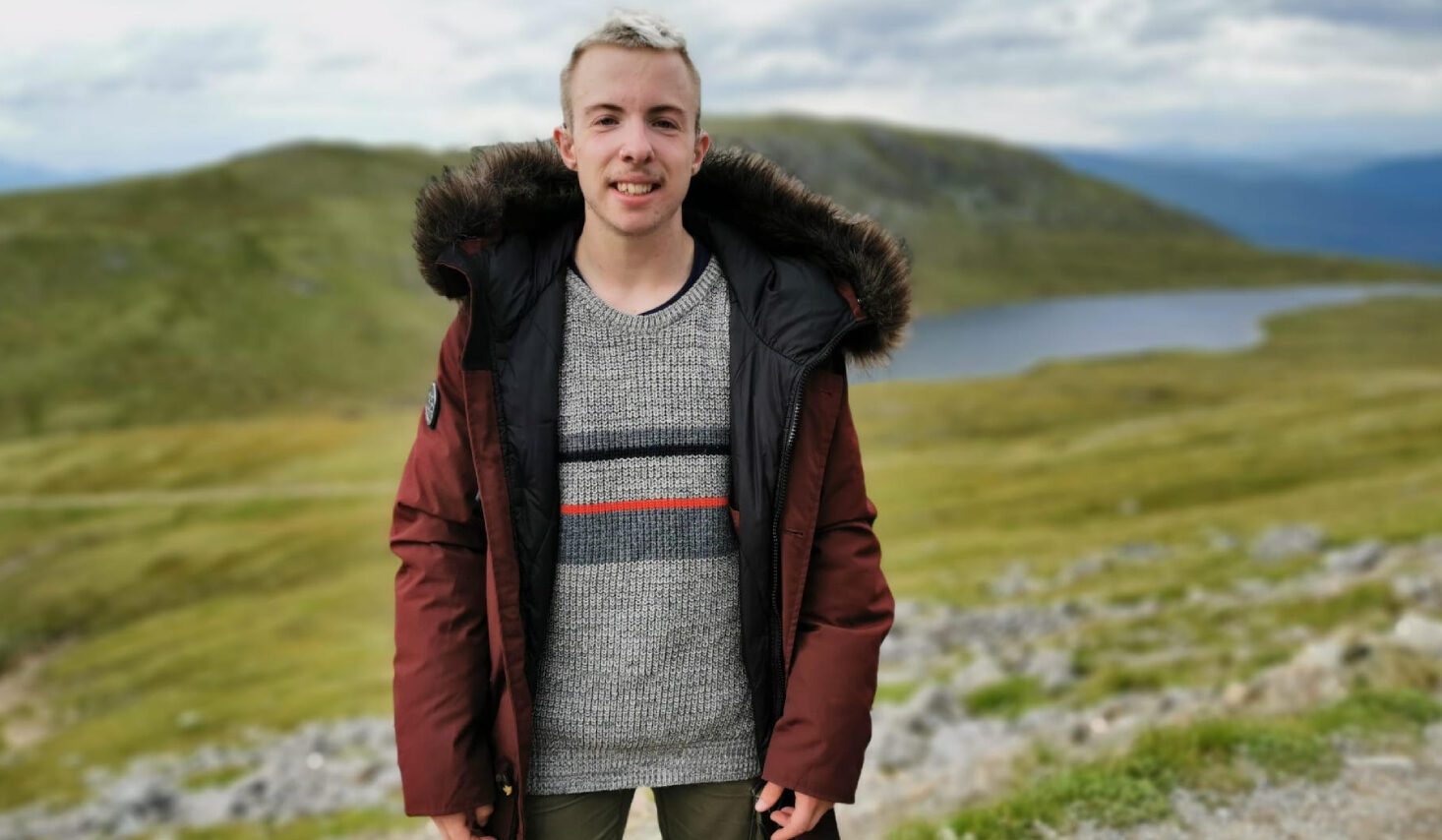
Like many LGBTQ+ people, I’ve come out multiple times. However, when I figured that bisexual was the right word for me, I didn’t really come out like I had done previously with my sexuality. I was hesitant because biphobia has negatively had an impact on my confidence, and I still struggle occasionally with telling people openly that I am bisexual due to judgements people tend to make.
Before I came out as a trans man, I truly believed no one would take me seriously or support me throughout my transition and these beliefs also stuck with me when coming to terms with my bisexuality.
As an autistic bisexual trans man, growing up LGBTQ+ was a huge struggle for me and could often feel quite isolating. One of the people who have been a great support when coming out has been my sister. She is also bisexual and has also experienced similar situations, so I was able to talk with her when I needed to.
It is vital that bisexuality is represented more in a positive light, and that our LGBTQ+ community becomes more bi inclusive. Having more bisexual role models is important for young people, so that we can breakdown those barriers of misrepresentation and strive for equality alongside our other queer members.
As an LGBTQ+ ambassador at Just Like Us, I can make a difference and be the positive role model that I wished for growing up. Every time I volunteer to do talks in schools and share my story with young people, I have the opportunity to use that platform to help pupils understand and be supportive allies. Volunteering with Just Like Us provides safe spaces for young people to be their true authentic selves, and I’m now so proud that I get to help shape the future for our young people.
If you’d like to help bring bisexual representation to classrooms and the media, plus get training and career mentoring, then sign up now to become a Just Like Us ambassador.
